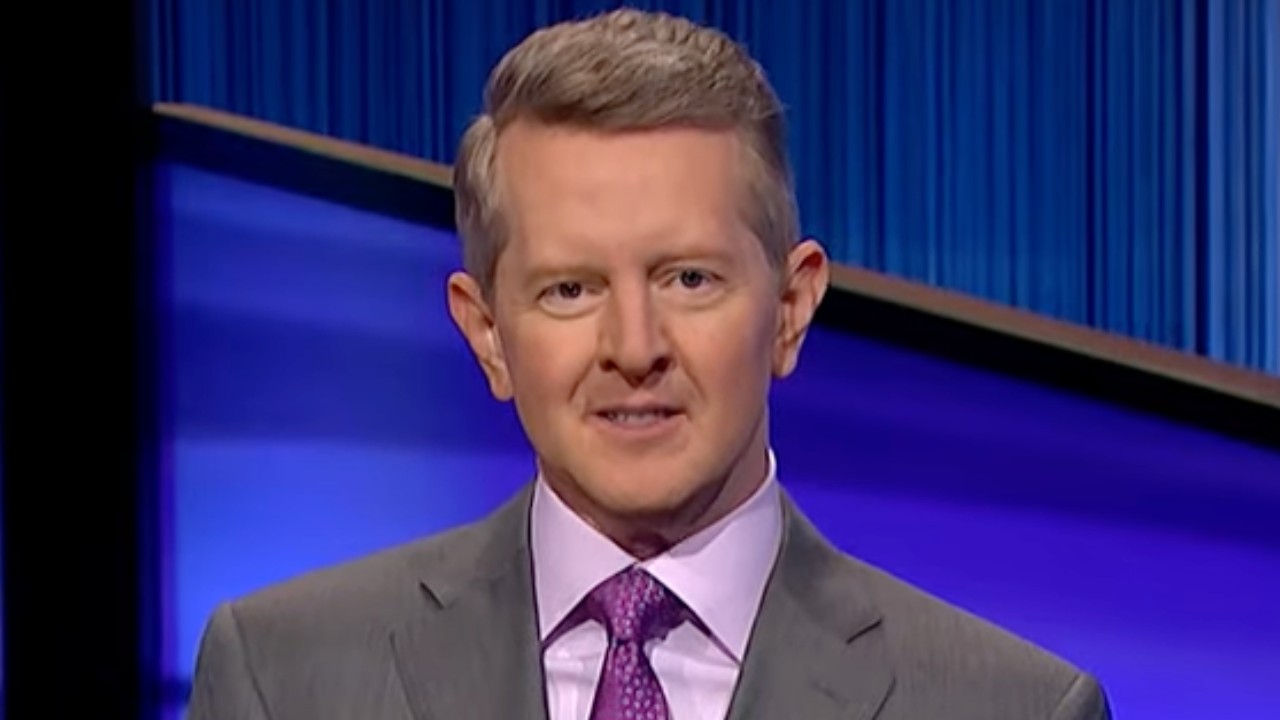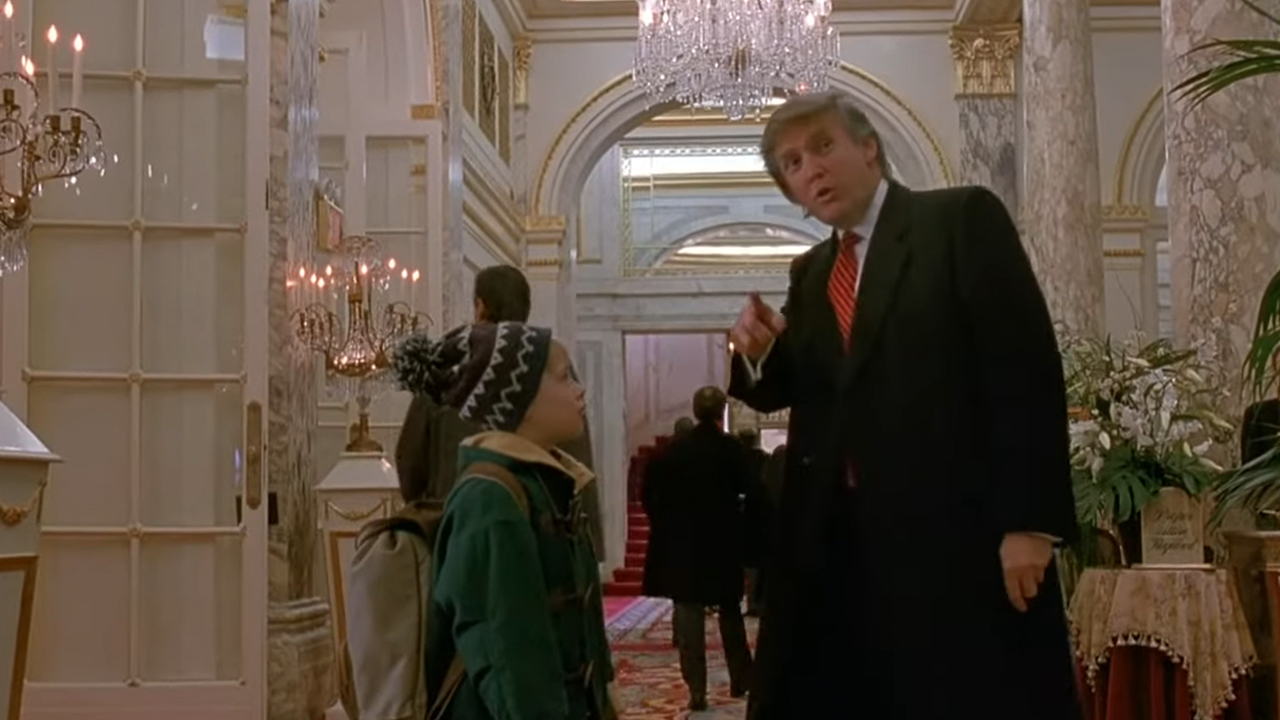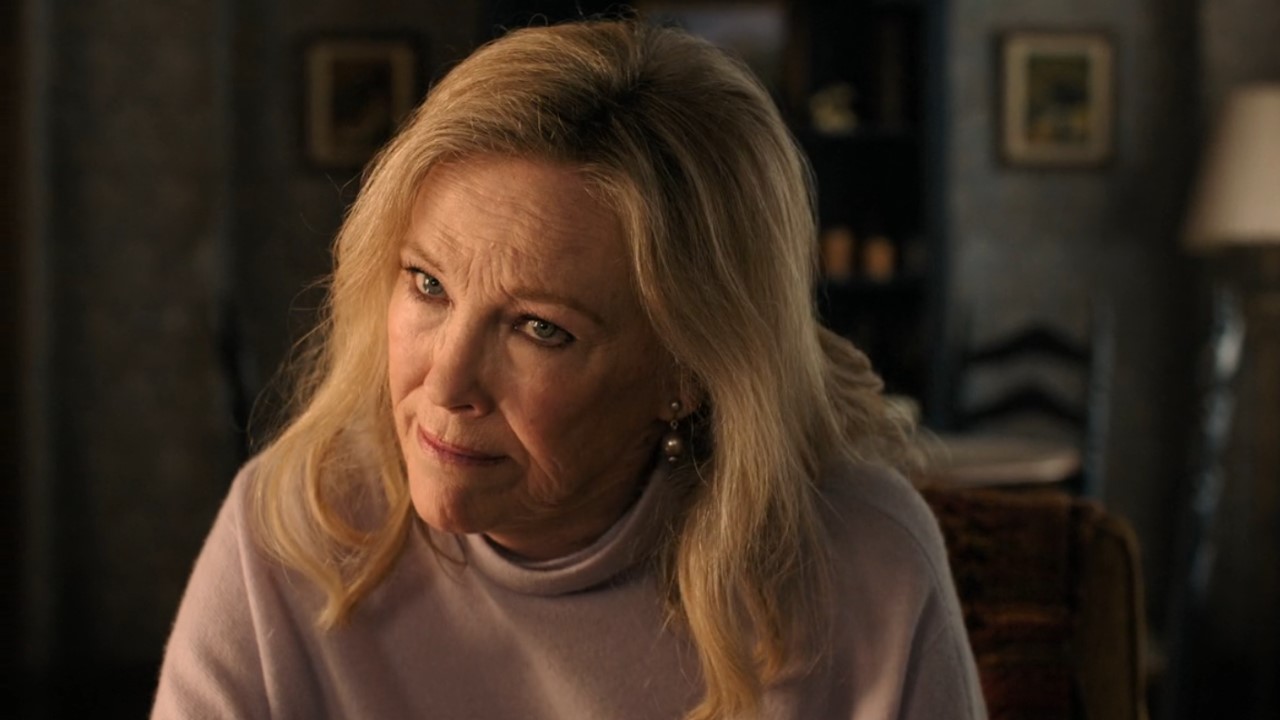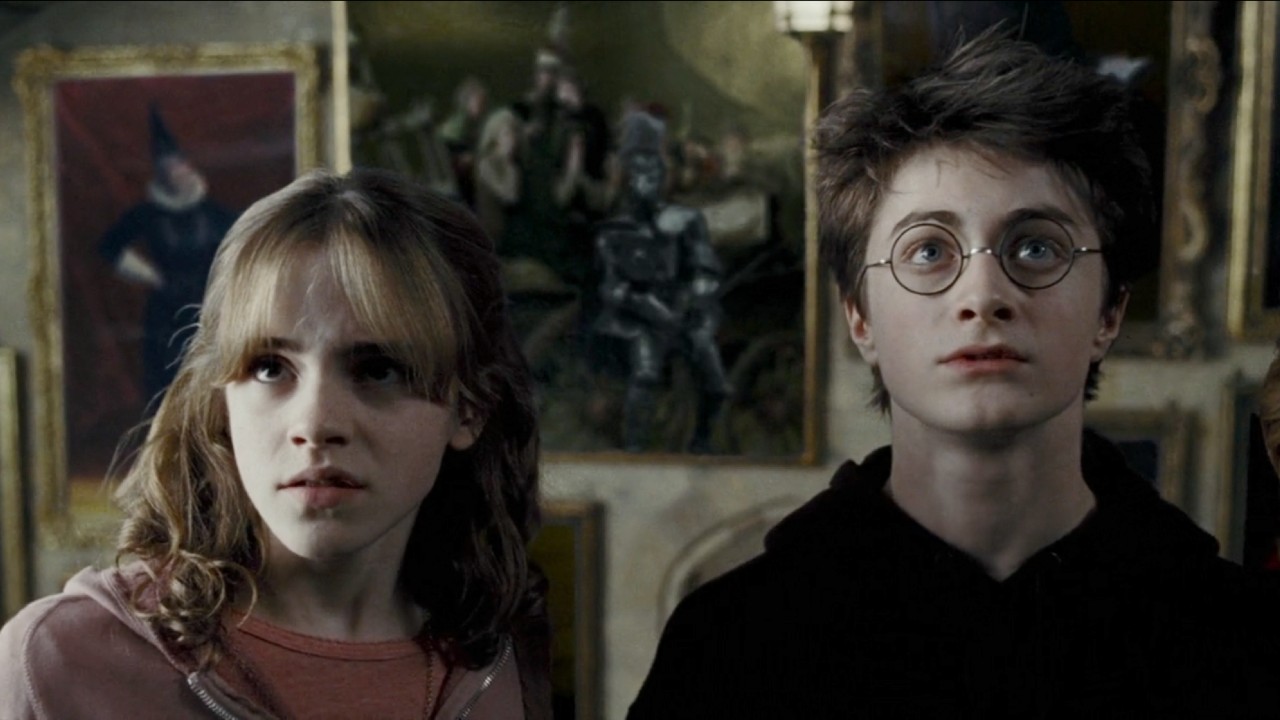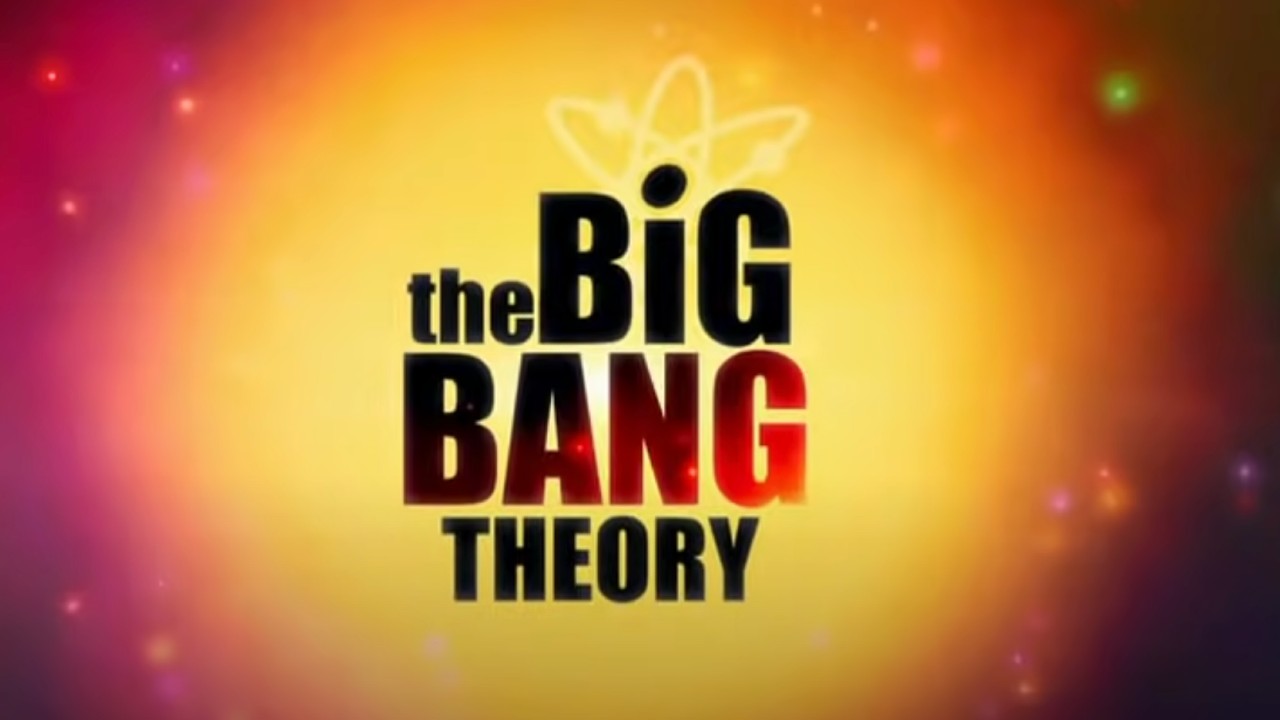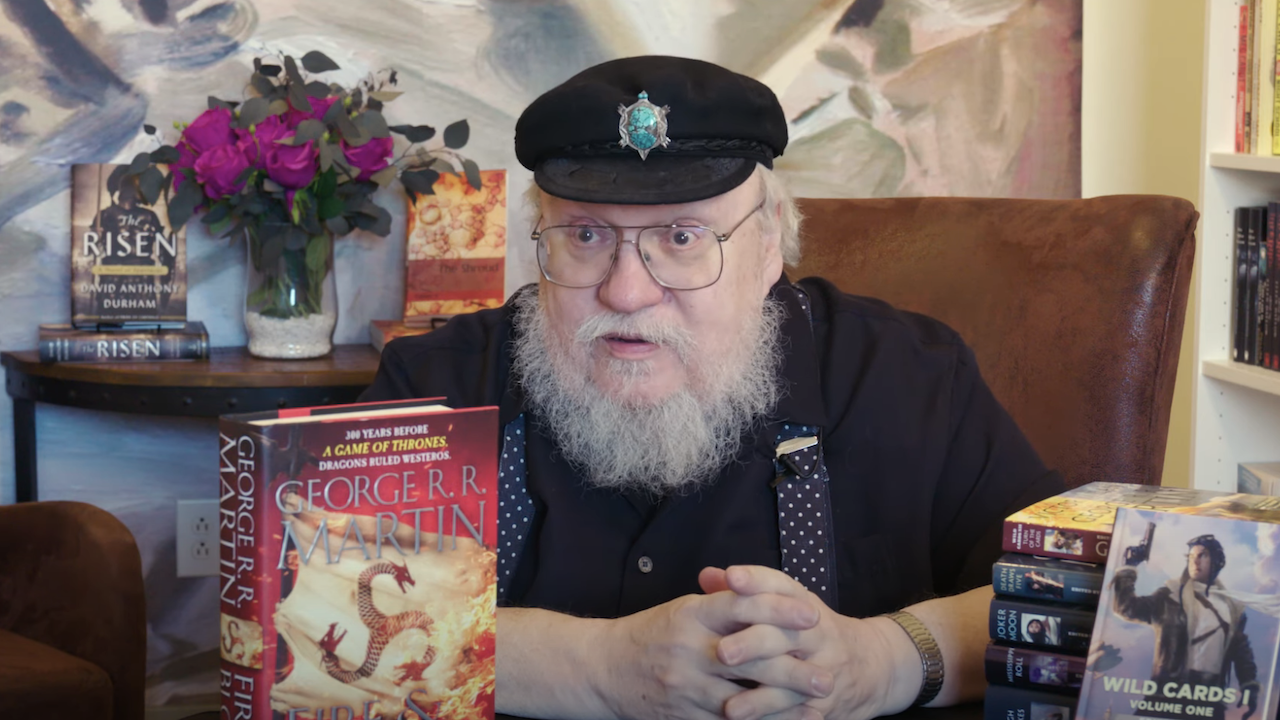Marvel Publisher Admits The Current Movies Are Affecting The Stories In The Comic Books
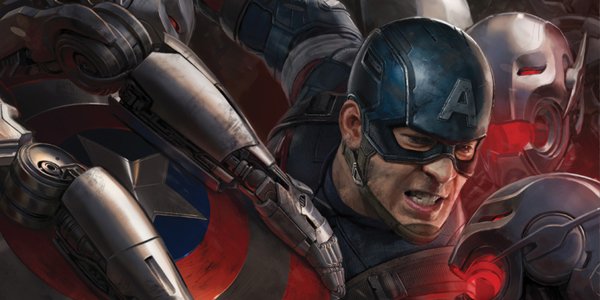
Have the slew of comic-book-inspired film adaptations created the ironic effect of influencing the very comic books from which they were inspired? While the comic book scene is constantly evolving in its story direction and artistic styles, Marvel publisher Dan Buckley is admitting that there are aspects of the current comic books that have taken ideas from the various films.
So, how far are the publishers willing to take that synthesis? Could we end up with merged movie/comic storyline continuities? As Buckley tells ICv2:
There’s no way that these movies, which are seen by millions of people, are not influencing what we’re doing in the books, but we’re not looking to align continuity between the two storytelling worlds because, frankly, that would be a venture into madness."
Buckley points to examples like the way that the X-Men comic books now portray the room in which Professor Xavier keeps his mentally-powered mutant search engine, Cerebro. Once just depicted as a computer headset in a plain room, the groundbreaking X-Men film series would come along in the early 2000’s and push the limits of imagination as to what such a room could be and what the device could really do. It was an aspect that comic book artists and writers, all creatively-influenced folks, were more than happy to integrate into their own creations based on the mere fact that idea just seems cool. However, Buckley does not point to any corporate-type initiative to pressure artists to match the comic books with the films in some kind of brand initiative drive. The similarities are merely the result of natural aesthetic evolution of the product. Buckley goes on to say:
So to say that both mediums have influence on each other, yes. They will creatively bleed into each other; people are going to steal good ideas from each other. That’s always going to happen."
Whether they are released under the umbrella of their own Marvel Studios, or through other companies like 20th Century Fox or Sony, the Marvel Comics brand of films and television shows have a ubiquitous presence in multimedia markets across the world. Their influence is undoubtedly infectious as they continue to redefine, and in many cases, define for the first time how audiences see a particular property. Comic books have always enjoyed the advantage of timeliness in the way the evolving titles reflect the face and tastes of modern society, which happen to be influenced by the films.
In that sense, film adaptations have always served as accessible ambassadors to their respective brands. While there are examples of stark creative divergences in the various comic versions (the Miles Morales Spider-Man, female Thor, etc.) the films still serve as a visual, easily-graspable point of entry to the growing and demographically-shifting comic book market, which creates the familiarity necessary to build an iconic brand status.
One only needs to point to Iron Man and Thor before their film revivals in the Marvel Cinematic Universe. They were two famous Marvel characters who in the mainstream scale roughly resided in the C-list category. Now, they are certified recognizable A-listers who are just as far up there as Spider-Man in terms of marketability and instant recognition. While it’s reasonable to presume that canonical differences between the modern comics and the films will always exist, there is no doubt that the films have created an idea of the product in the minds of mainstream audiences that, while they are not forced to emulate, creators do feel compelled to match.
CINEMABLEND NEWSLETTER
Your Daily Blend of Entertainment News
